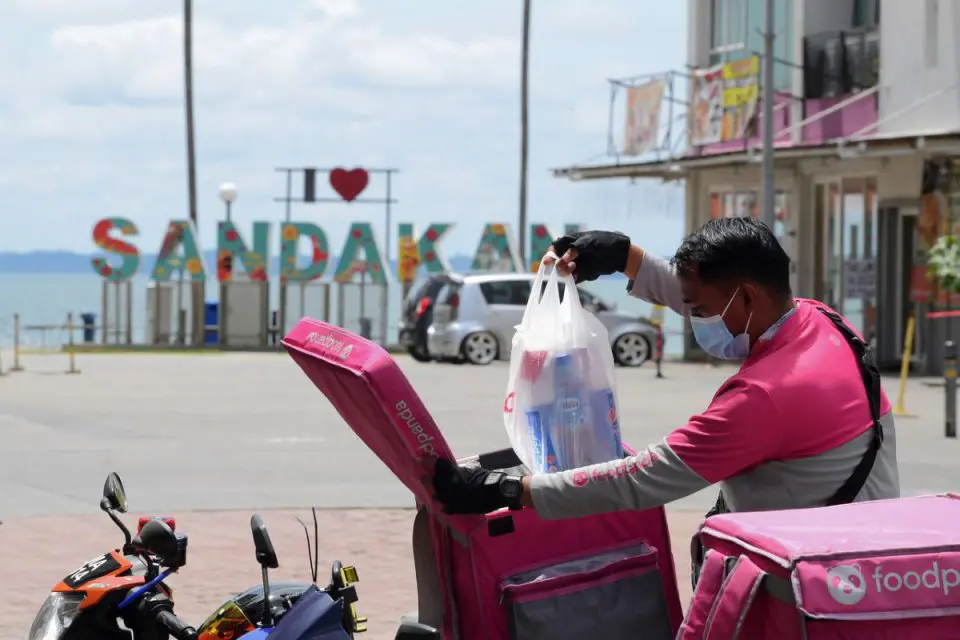KUALA LUMPUR, Feb 17 — A study by the Department of Statistics Malaysia (DOSM) involving a total of 6,657 p-hailing workers found that 97.71 per cent of them were youths aged 15 to 30, while the remaining 2.29 per cent was senior citizens aged 60 and above.
In a statement today, DOSM said a study conducted from March 1 to December 31, 2022 found that most p-hailing workers have an education level of Sijil Pelajaran Malaysia (SPM) / Sijil Pelajaran Malaysia Vokasional (SPMV) or equivalent (39.54 per cent), Diploma or equivalent (23.24 per cent) and Bachelor’s Degree (11.79 per cent).
“The findings also show that 0.21 per cent of p-hailing workers do not attend school and 0.99 per cent do not have any academic qualifications,” it said.
According to the statement, 73.98 per cent of p-hailing workers treated the occupation as their main source of income, while 70.35 per cent make it their main occupation.
On social protection, the study found that 72.25 per cent of respondents contributed to the Social Security Organisation (Socso), and only 22.05 per cent contributed to the Employees’ Provident Fund (EPF).
DOSM also said there was an increase in the income of p-hailing workers after participating in food and goods delivery, with the highest number of them earning between RM1,501 to RM2,499 (26.78 per cent), followed by RM1,500 and below (23.39 per cent) and RM2,500 to RM3,170 (11.67 per cent).
“There are 36.61 per cent of p-hailing workers who have their own savings or investments while 63.39 per cent do not have any savings.
“In terms of insurance policy, it was found that 45.07 per cent of p-hailing workers have their own insurance policy while 54.93 per cent do not have any,” according to the statement.
According to DOSM, the working hours of p-hailing workers in a week show that the three highest categories are those who work between 49 hours to 84 hours (30.79 per cent), 30 hours to 48 hours (25.84 per cent) and less than 30 hours (25.42 per cent).
The study found that the top five reasons p-hailing workers join the service are to cover daily expenses, help the family, have flexible working hours, to save, and not to be bound by rules or employment contracts.
DOSM said that there are five strategic focuses covering 19 initiatives and 19 action plans proposed as a result of the study, including ensuring that the welfare of p-hailing workers is protected under labour legislation or the equivalent and providing appropriate complaint and communication channels to resolve disputes between service providers and workers .
— Bernama





